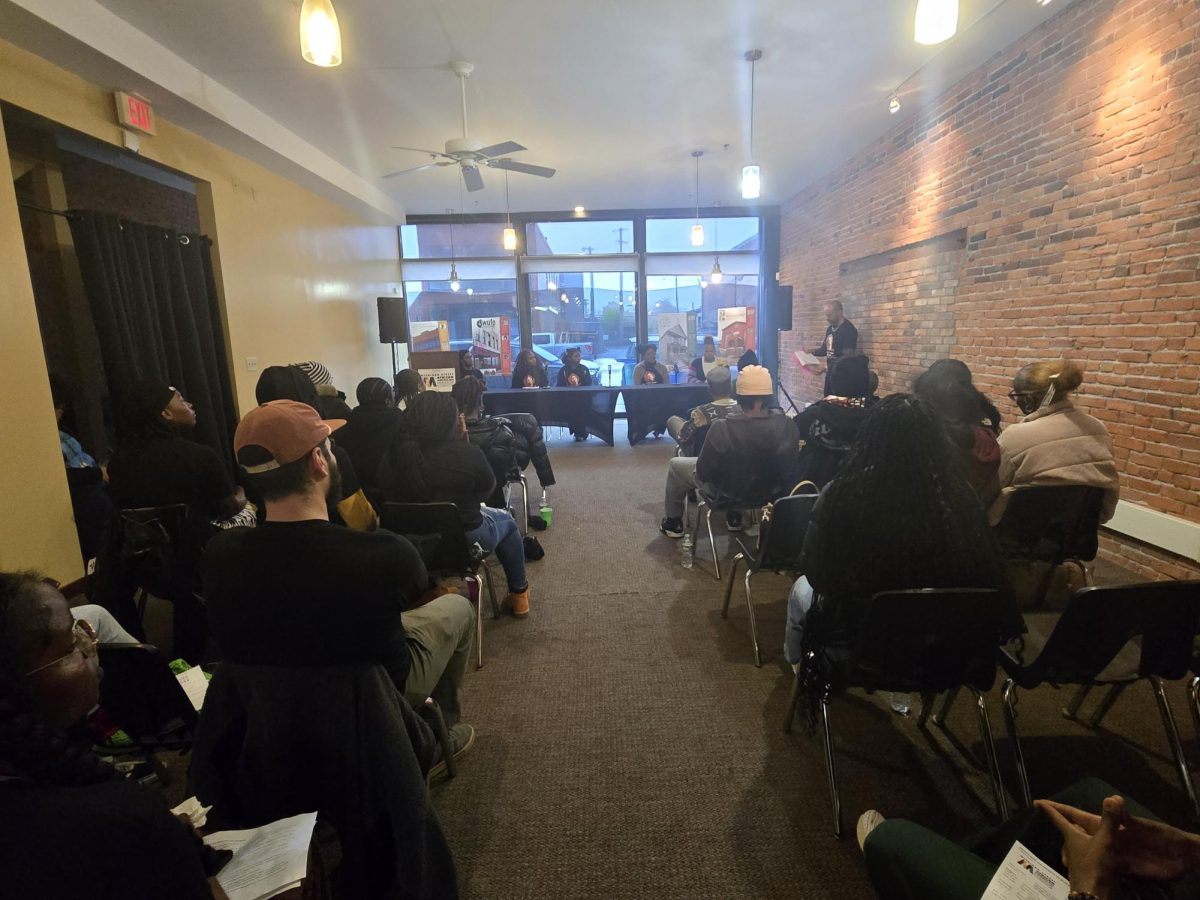Gaming goes mainstream
October 5, 2016
Remember when you were a kid playing your favorite online video game with your friends? Headsets on, talking strategy with them, figuring out your team’s next move. Did you ever think, “Man, it would be so cool if this game was being broadcasted on TV?” Or “What if Al Michaels was watching and doing play-by-play of the game like he does for football?” Or “What if I could make money for playing the game, like professional athletes do?”
Today, this dream is a reality for professional gamers all around the world.
I’m not talking about cross-country traveling tournaments that come to town for a weekend once a year. eSports has grown into a full-fledged professional sport with professional teams, owners, live broadcasts with commentary and big sponsors.
In 2014, ESPN President John Skipper believed eSports was just a “competition” and didn’t deserve time on his network. At the Code/Media Series: New York Conference, he said: “It’s not a sport, it’s a competition. Chess is a competition. Checkers is a competition. Mostly I’m interested in doing real sports.”
Now, two years later, ESPN and Skipper have changed their minds about eSports.
eSports has earned its own page of coverage on ESPN.com, and the network even aired 18 hours of eSports programming on July 17. This came after a successful ‘all eSports’ issue of ESPN the Magazine in 2015.
There is a reason ESPN has changed their minds about eSports. The ‘competition’ is now a sport in the minds of many and has a very strong following with an audience that often reaches 100,000 online viewers in the middle of the week.
Yes, thousands of people are tuning in to watch other people play video games.
According to Newzoo, 205 million people watched eSports in 2014. eSports has an audience of 28 million people in North America and Europe, and it is growing at a rate of 21% each year. eSports is even filling up stadiums. The League of Legends 2013 Championship was played in front of a sold-out crowd at Staples Center. The next year, the event was held at a World Cup Stadium in Seoul, filling up 400,000 seats.
The five members of team Newbee, the winners of the 2014 Dota 2 title won a combined $5 million in prize money.
eSports is not a fringe sport anymore, folks.
ESPN isn’t the only member of the North American sports media industry beginning to take notice. Recently, the Philadelphia 76ers bought two eSports teams: Dignitas and Apex, which will combine under the Dignitas name. The 76ers become the first professional sports franchise in North America to own an eSports team.
However, this isn’t the first interest the sports world has shown for eSports. Team NRG is now partnered with the Sacramento Kings minority partners Andy Miller, Mark Mastrov, Shaquille O’Neal, Alex Rodriguez and Jimmy Rollins. Last week, team Liquid sold a majority stake to Peter Guber, co-owner of the Golden State Warriors and Los Angeles Dodgers and Ted Leonsis, the founder of Monumental Sports & Entertainment, which owns the Washington Capitals and Washington Wizards.
With the addition of these heavy hitters of the sports world comes many new possibilities for eSports.Not only does the large growing audience of eSports attract North American sports industry leaders, the audience is also very young. Almost three-fourths of the eSports audience is under 35 years old, and women make up about forty-percent of the total audience. This growing young audience is very attractive to advertisers, meaning advertisers must take eSports seriously also.
So, to any 12-year-old out there who spends all Saturday playing video games, you could possibly be training to become a professional athlete.
Twitter: @FBoeck300level
email: boeck.record@outlook.com




